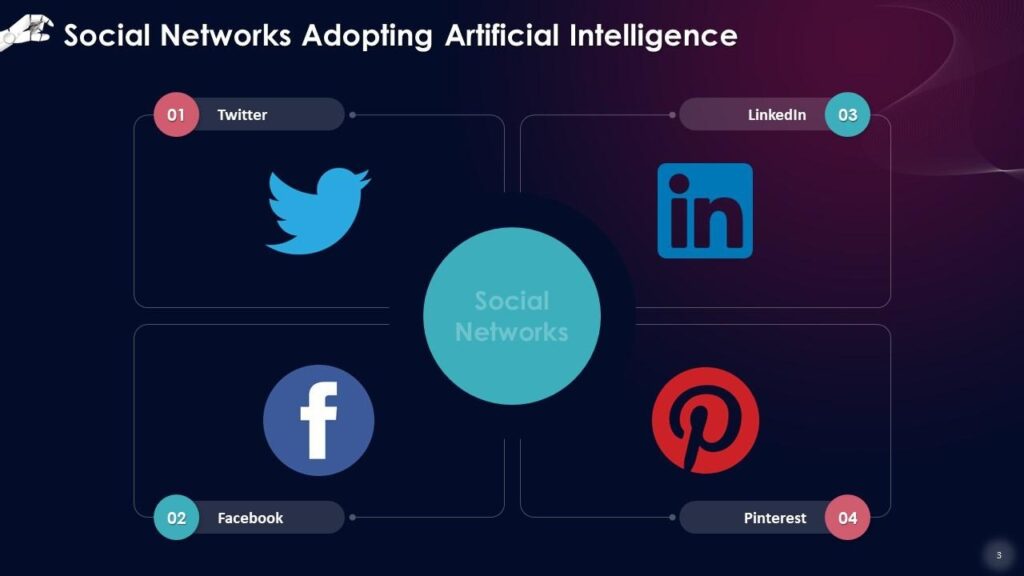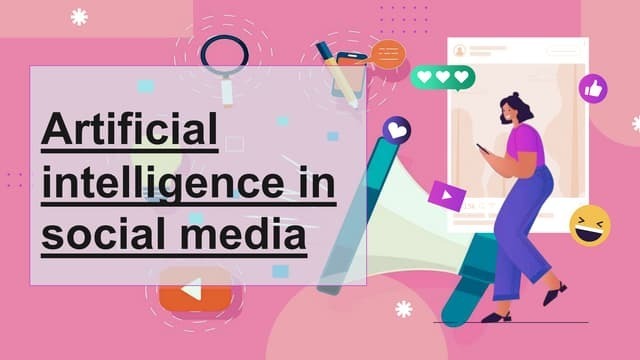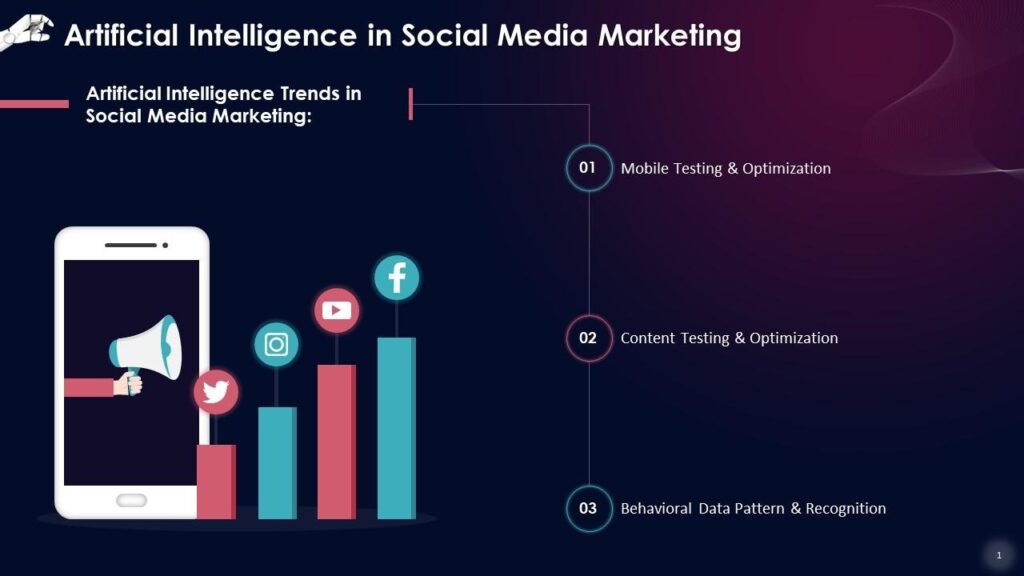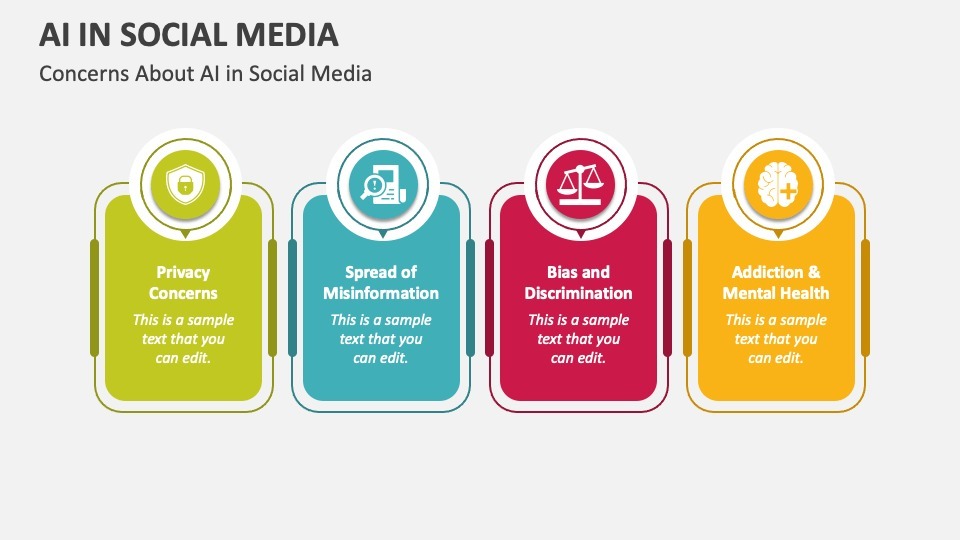- (405) 614-9450
- [email protected]
- 616 N Washington St., Stillwater, OK, 74075




AI and Social Media: Its Effect on our Children
Artificial Intelligence (AI) and social media have become intertwined forces shaping modern life, offering tremendous benefits while also posing significant risks—both socially and ethically.
On the positive side, AI enhances our experience on social media platforms by enabling advanced audience analysis, personalized content delivery, and efficient moderation of harmful content. This has helped businesses optimize marketing strategies, improve user engagement, and even facilitate activism through targeted information sharing. According to recent research, AI-driven tools boost productivity and decision-making, transform industries, and open new avenues for innovation and education. Additionally, AI-powered filtering and recommendation systems can empower users to connect with relevant communities and discover diverse viewpoints.
However, these benefits come with profound challenges. AI algorithms on social media can also foster misinformation, manipulation, and polarization by amplifying biased or misleading content. The rise of deepfakes and AI-generated synthetic media complicates our ability to discern truth from falsehood, threatening trust in information. Moreover, AI-driven surveillance tools have been deployed in ways disproportionately targeting marginalized communities, raising serious privacy and civil rights concerns. Predictive policing and profiling algorithms, for example, often reproduce societal biases, leading to over-policing and discrimination.
Further complications include data privacy breaches, lack of transparency in AI decision-making, and the manipulation of online behaviors to influence elections and public opinion. Experts warn of existential risks if AI systems advance without adequate ethical guardrails, including loss of human agency and control over critical decisions. The mental health impacts of constant AI-mediated engagement and the erosion of critical thinking due to overreliance on AI tools are emerging concerns.
In summary, while AI technologies integrated with social media bring powerful opportunities for efficiency, education, and social connection, they also require vigilant ethical oversight. Responsible development and deployment, coupled with informed public engagement and regulation, are essential to maximize benefits and mitigate harms—particularly for vulnerable populations and the integrity of democratic discourse.
Here is a list of references that provide authoritative information on the uses and misuses of AI and social media as reflected in recent research:
- Pan, L., Wang, C.-Y., Zhou, F., & Lü, L. (2025). Complexity of social media in the era of generative AI. National Science Review, 12(1), nwae323.
DOI: 10.1093/nsr/nwae323
Discusses modeling information propagation on social media with generative AI, highlighting both the opportunities for personalized content and risks like misinformation and social manipulation.
Link - Algharabat, R. S., Rana, N. P., Dwivedi, Y. K., & Alalwan, A. A. (2025). The Role of Artificial Intelligence in Personalizing Social Media Marketing Strategies and Its Impact on Customer Experience.
Explores AI’s impact on customized marketing on social media and challenges, including privacy and adoption barriers, emphasizing AI’s role in enhancing user engagement and buying intent.
Link - Tran, T., et al. (2025). Caught in a social media echo chamber? AI can help you out. Binghamton University research article.
Proposes AI-driven frameworks to reduce harmful misinformation spread and combat echo chambers by promoting diverse information sources on social platforms. - Acemoglu, D., Ozdaglar, A., & Siderius, J. (2025). AI and Social Media: A Political Economy Perspective. National Bureau of Economic Research (NBER).
Analyzes AI’s role in increasing political polarization via social media content and advertising algorithms, and discusses regulatory implications. - 2025 AI Index Report by Stanford Human-Centered AI (HAI).
A comprehensive, data-driven overview tracking AI advances, applications, and societal impacts, including social media dynamics.
These references cover AI’s benefits in personalization, productivity, and activism as well as its potential harms like misinformation, bias, surveillance, and political polarization on social media. They provide a solid foundation for an informed discussion about the dual uses and misuses of AI alongside social media platforms.